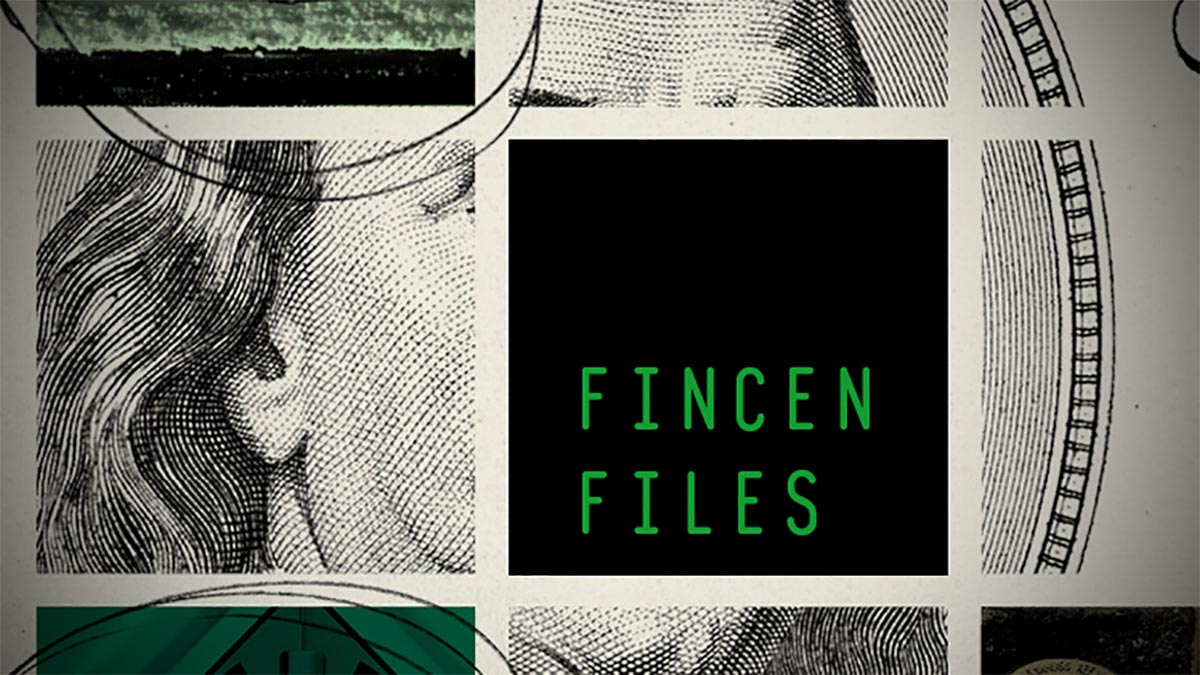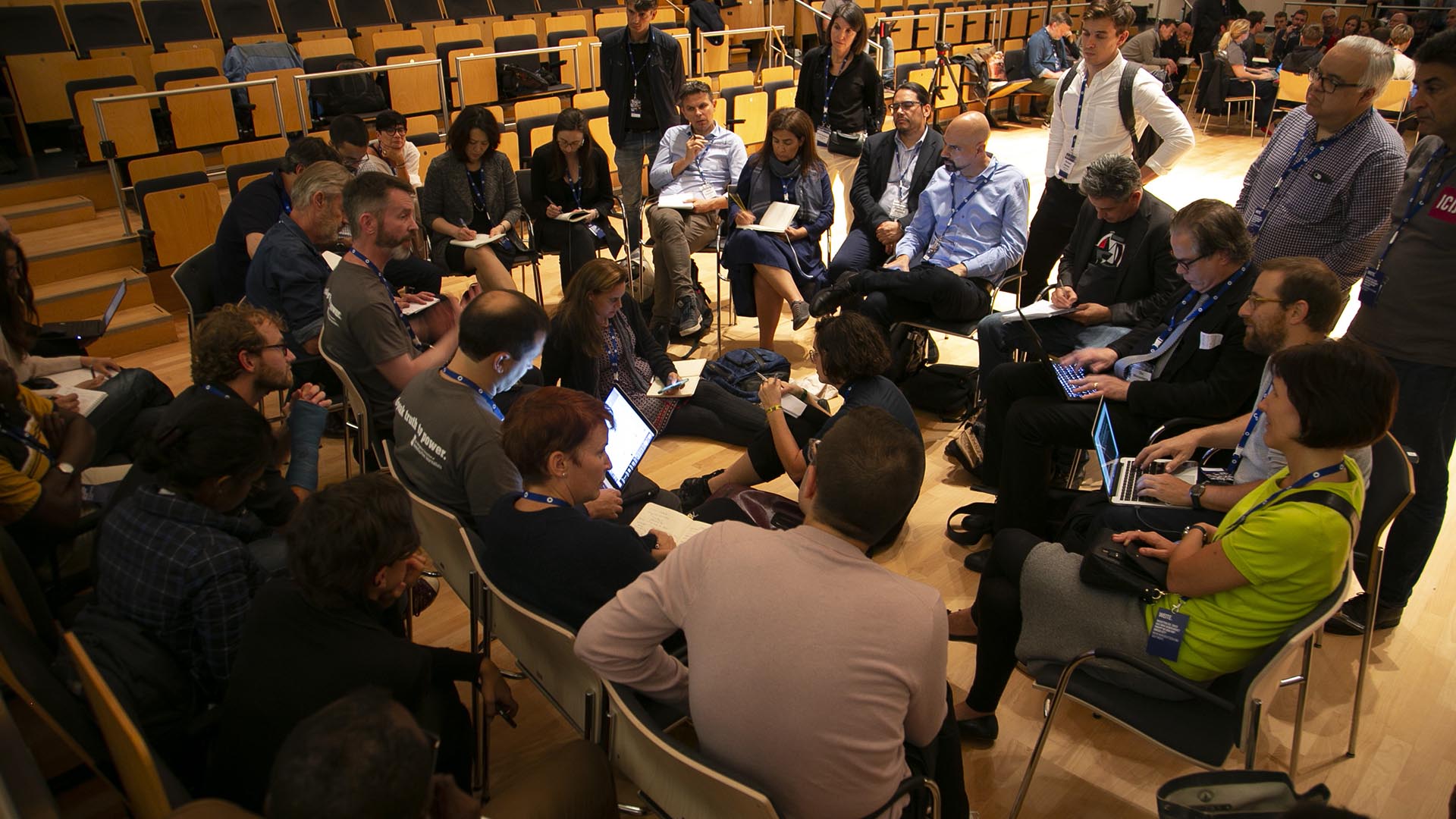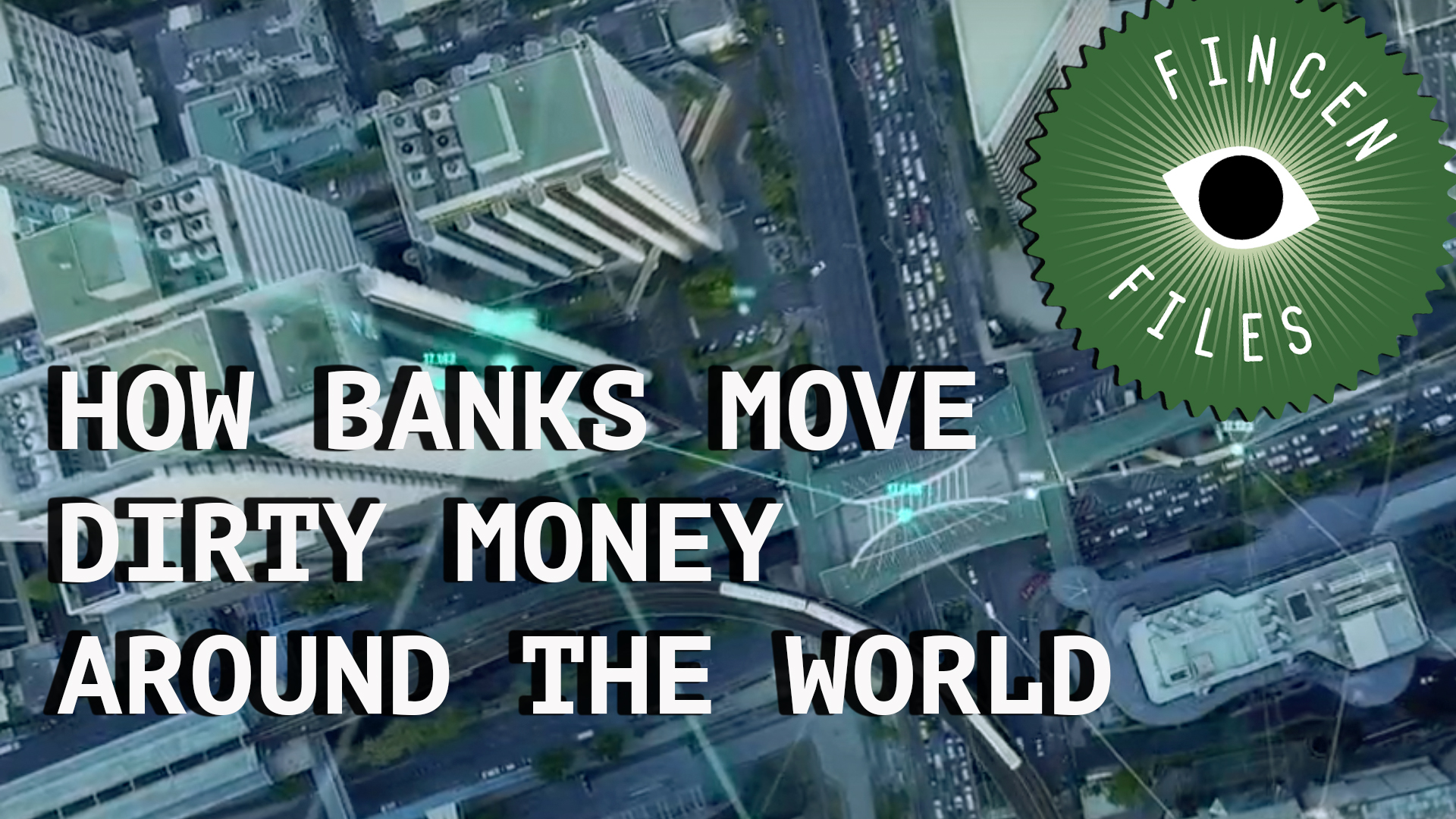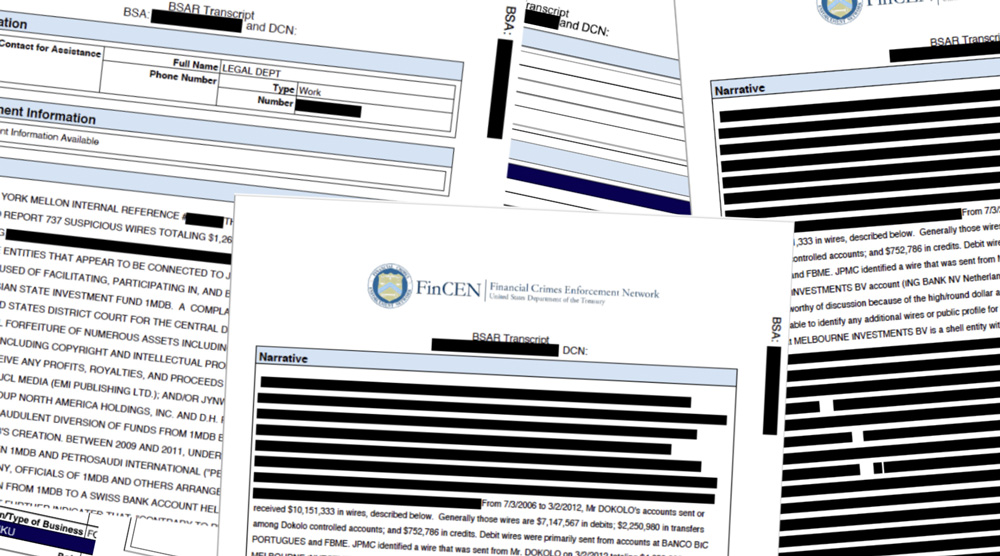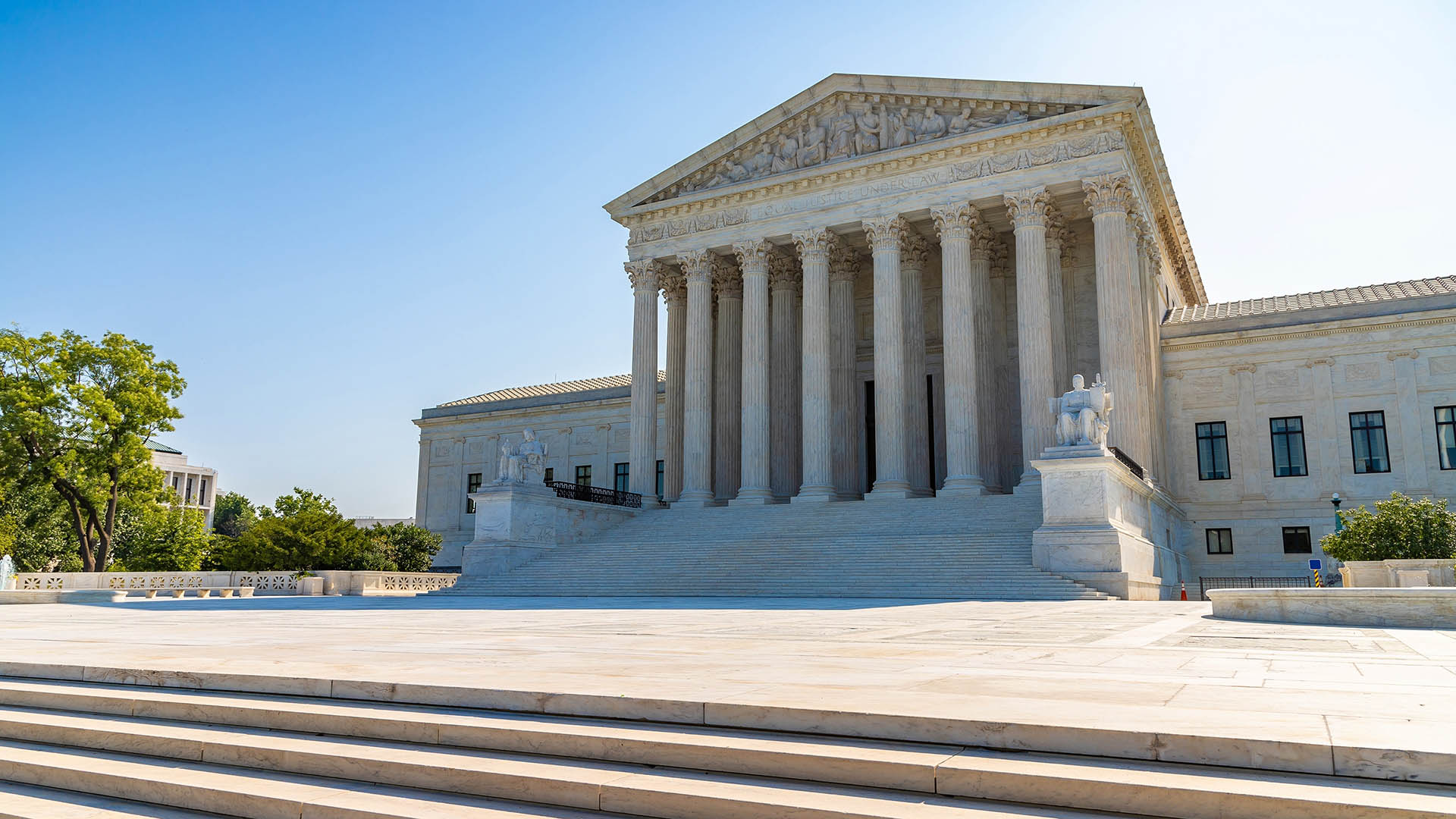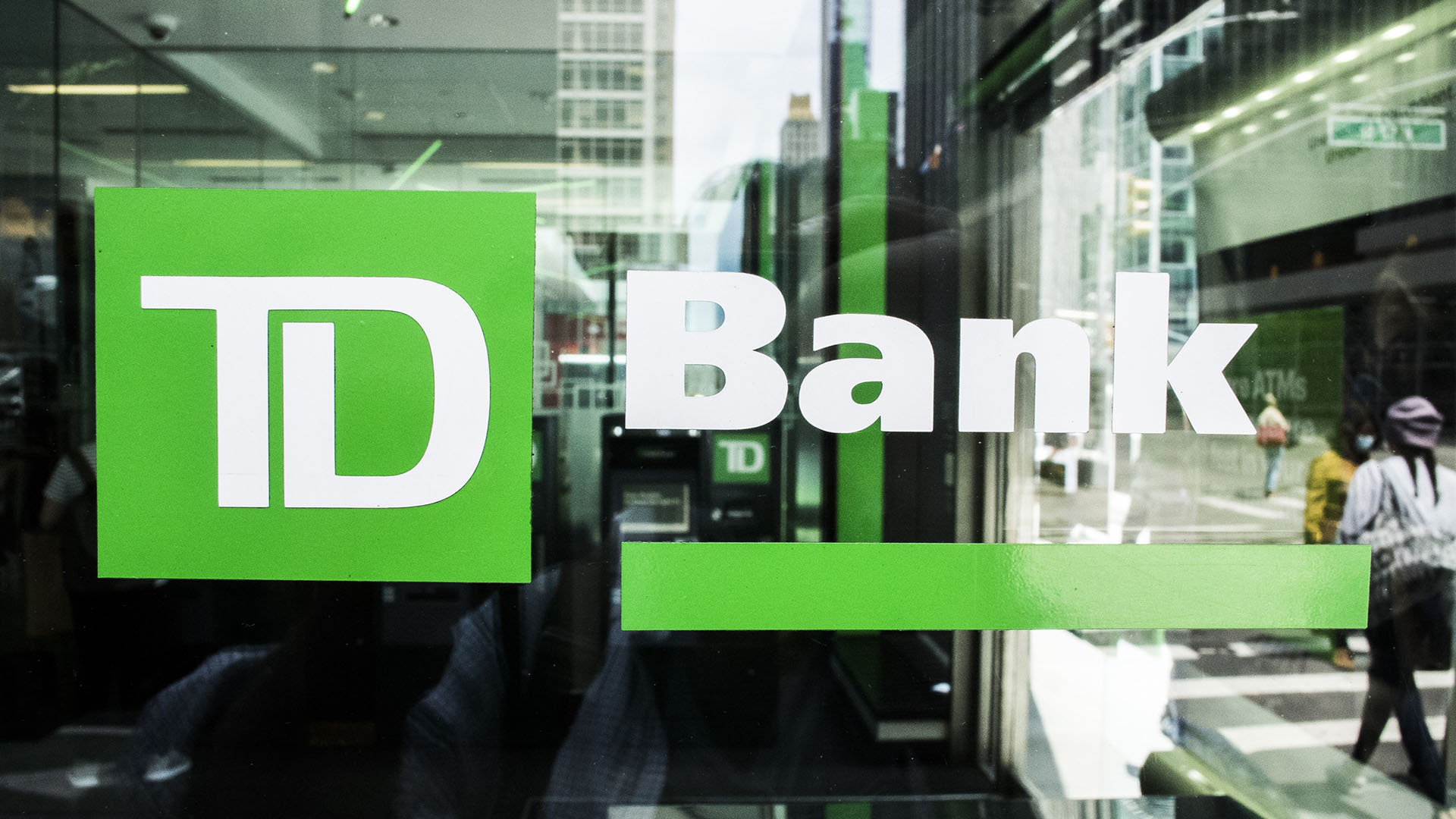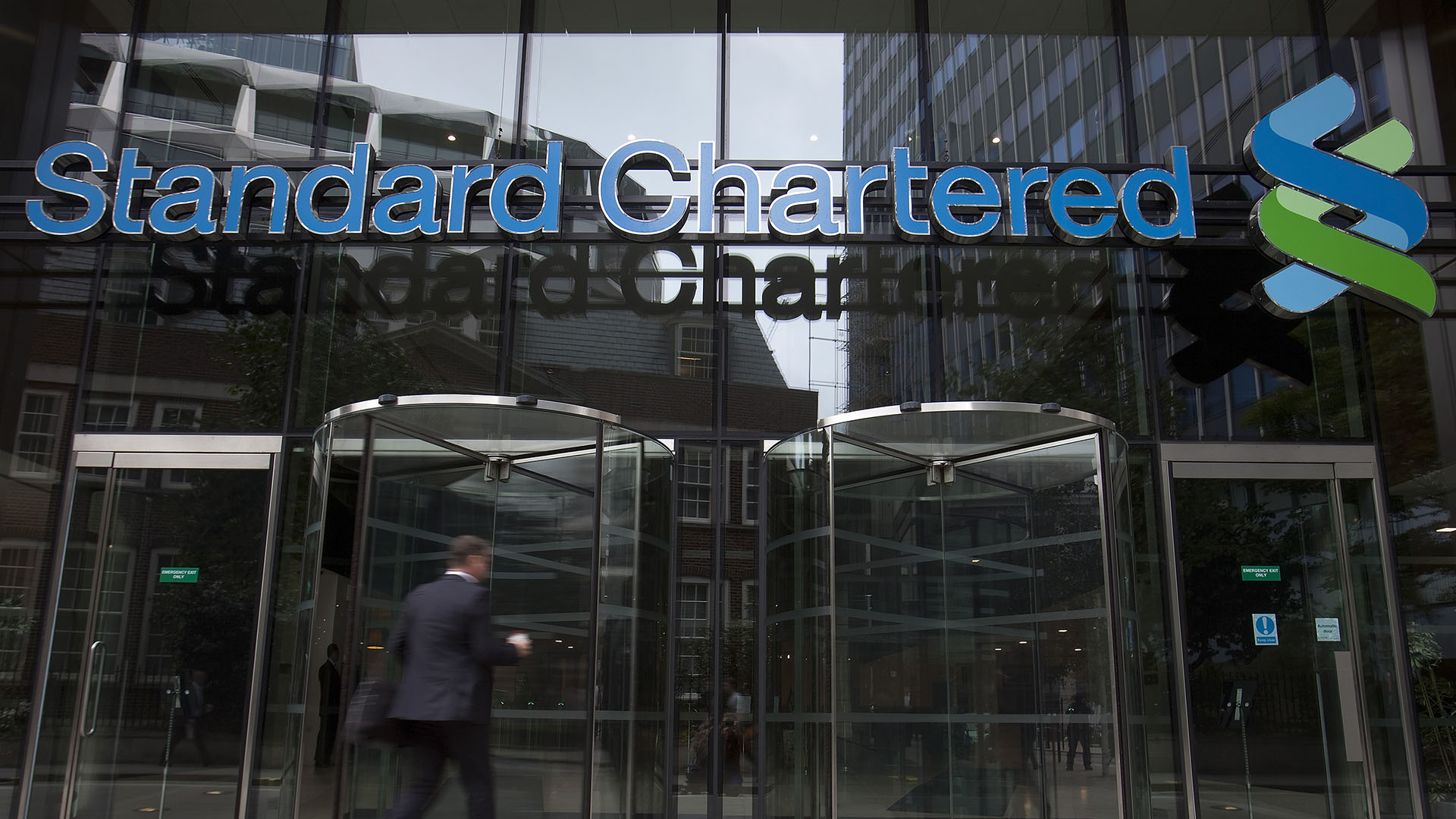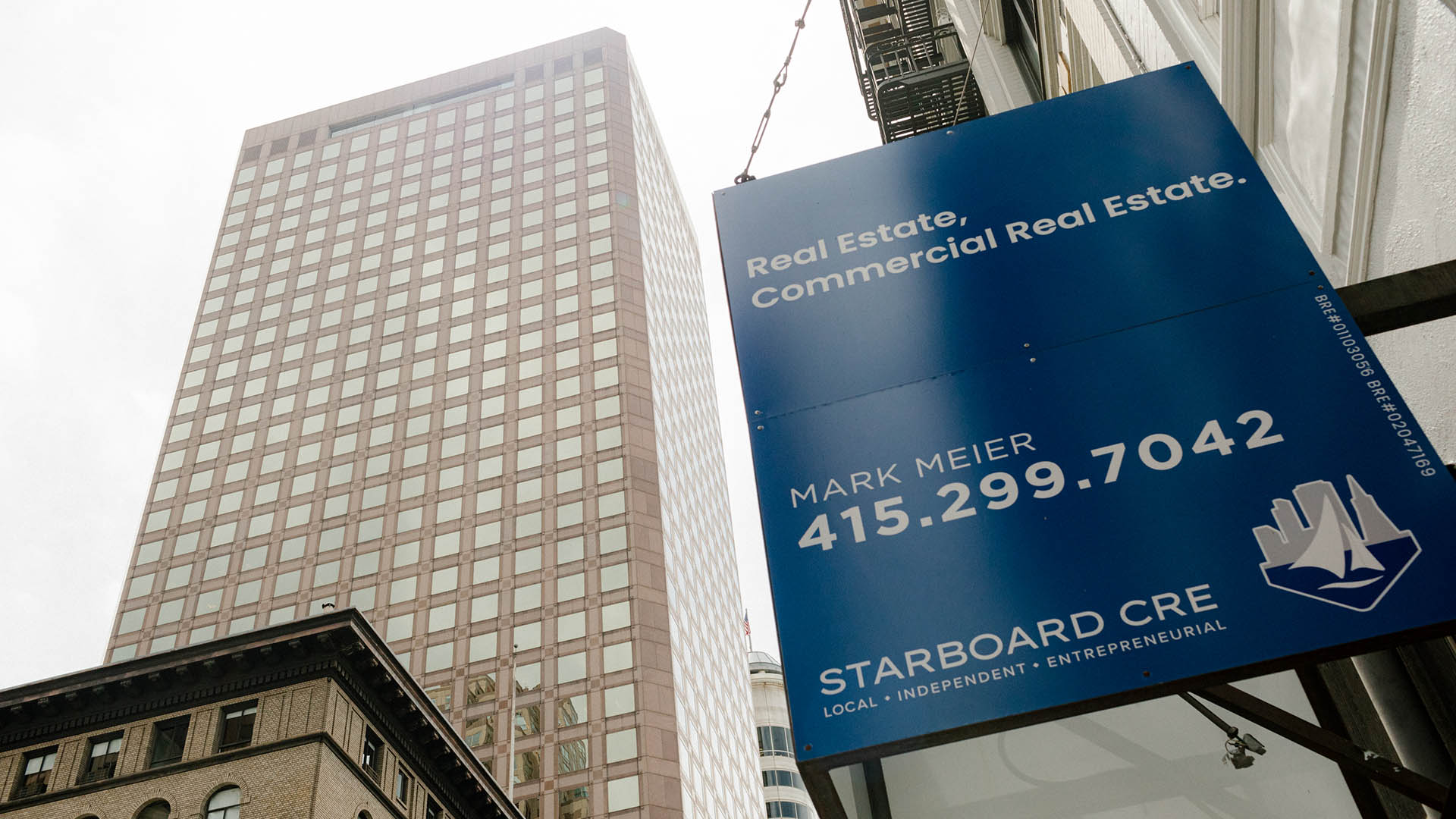What is the FinCEN Files?
FinCEN Files is a cross-border investigation based on secret documents that exposes how banks and regulators have failed the public by allowing dirty money to flow unchecked around the globe. It shows how politicians, crooks, and tycoons – from Benin to Venezuela to Turkmenistan – profit at the expense of governments and ordinary people.
Who worked on the FinCEN Files investigation?
ICIJ, BuzzFeed News and 108 other media partners in 88 countries spent 16 months organizing and analyzing leaked documents, and obtaining hundreds of other confidential documents, court records, archives, public records, and interviews.
Is FinCEN Files based on a leak?
Yes. Buzzfeed News shared with ICIJ more than 2,100 suspicious activity reports, or SARs, filed by global banks to the U.S. Treasury Department’s intelligence unit, the Financial Crimes Enforcement Network, known as FinCEN. BuzzFeed News has not commented on its source. The U.S. Congress requested some of the files as part of the investigation into Russian interference in the 2016 election.
Has a whistleblower been named?
In January 2020, a former U.S. Treasury Department official, Natalie Mayflower Sours Edwards, from Virginia, pleaded guilty to unlawfully disclosing confidential Treasury documents.
What is a SAR?
A SAR (suspicious activity report) is a document filed to U.S. authorities when a bank or other financial institution observes a transaction that seems suspicious. A SAR is not an accusation but a way to alert government regulators and law enforcement to irregular or possibly criminal activity. SARs are strictly confidential – so secret that banks aren’t allowed to publicly confirm their existence.
What other documents were used for the FinCEN Files?
The FinCEN Files investigation involves thousands of other confidential documents obtained and shared with ICIJ by reporters at BuzzFeed News, L’Espresso, and Quinto Elemento Lab / CONNECTAS. Reporters also spent months gathering files from inside sources, prosecutors and attorneys, witnesses and victims and public records from government agencies.
What did the FinCEN investigation reveal?
Banks moved more than $2 trillion in payments they believed were suspicious over 18 years. Some of the biggest banks in the leaked files, including JPMorgan Chase, HSBC, Barclays Bank, Standard Chartered Bank, Deutsche Bank and Bank of New York Mellon, continued to wave through suspect payments, including those they said bore hallmarks of fraud, despite promises to government authorities to improve money laundering controls.
Why should I care about the FinCEN Files?
Because the free flow of illicit money causes incalculable harm. It fuels drug cartels and criminal enterprises. It helps oligarchs and autocrats grow their fortunes and power. It exacerbates global inequality, enables tax evasion and undermines democracies.
Does this relate to other ICIJ investigations, like the Luanda Leaks or the Panama Papers?
Absolutely. JPMorgan Chase, for example, filed a suspicious activity report on transactions related to Sindika Dokolo, the husband of Angolan billionaire Isabel dos Santos who we profiled in Luanda Leaks. And an ICIJ analysis showed that banks in the FinCEN Files processed transactions for companies registered in so-called secrecy jurisdictions and did so without knowing the ultimate owner of the account.
Find out more about tax havens and offshore companies.
Can I read the documents?
We’ve published some of the leaked SARs on ICIJ’s DocumentCloud page.
What documents are you making public and why?
ICIJ and its partners are not publishing the leaked reports en masse, but rather have diligently reviewed the materials and focused their reporting on those stories with the greatest public impact. Publishing documents helps make an opaque system more transparent, allows readers to better understand stories and also gives people a unique view of how things work that are often hidden from sight.
SARs describe potential illegal activity and are not considered to be and do not purport to be proof of any violation of the law.
Where else can I read stories from the FinCEN Files?
You’ll probably want to start with stories from your own country. But don’t forget, like with every ICIJ project, that there are other stories out there from Africa, the Middle East, Latin America, Europe and Asia. See a list of our partners here.
Still got a question?
We bet you do. Email us at social@icij.org or ping us on social media.
Do you have documents you think ICIJ should see?
Share information securely and confidentially with ICIJ here.
